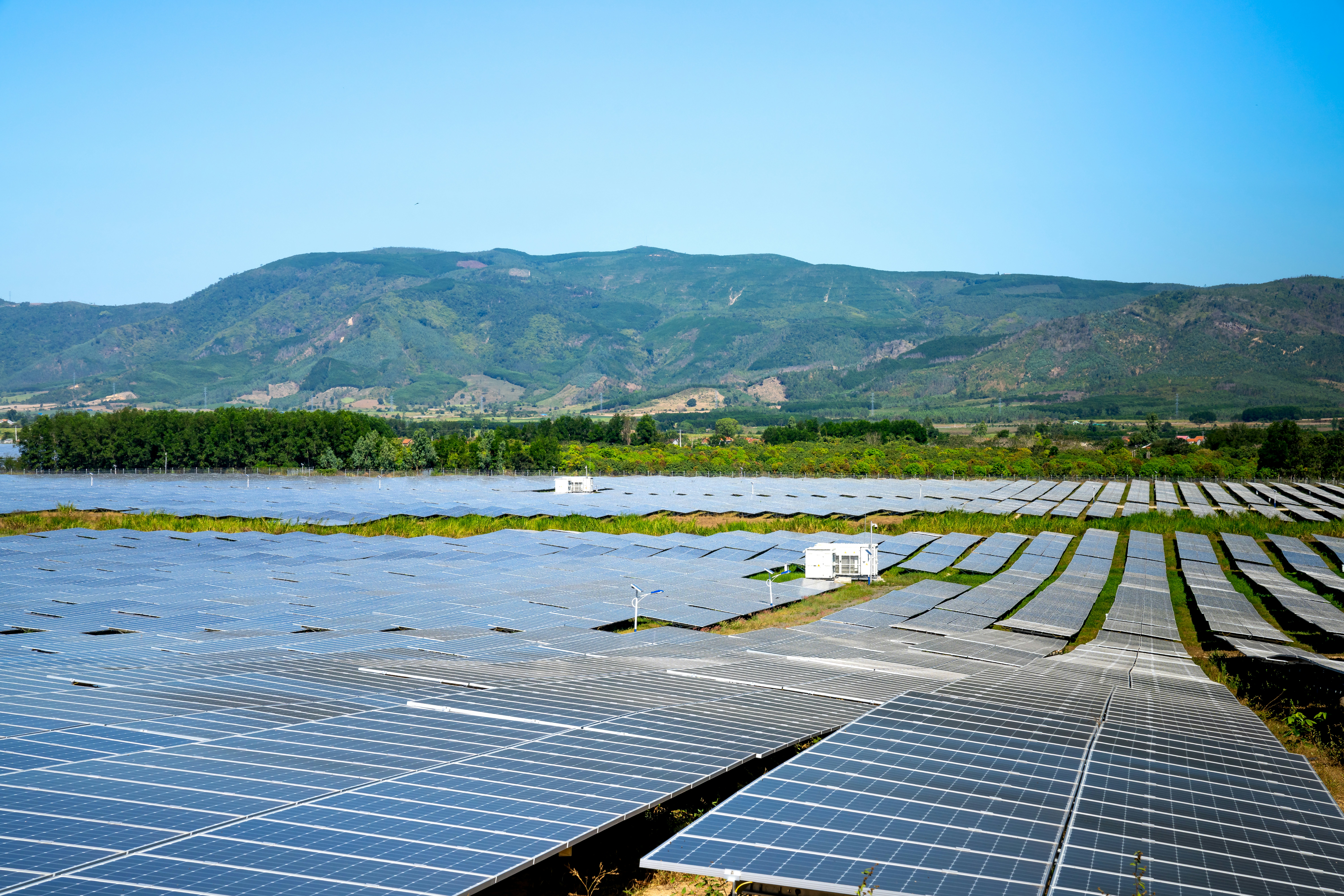POSTED
September 22, 2023
What Kind of Solar Investment Fund is Shasta Power?
If your interest lies in investing in an energy solar investment fund, you probably desire more information about the various options that are available. There is regular market investing, such as EFT’s and stocks, but there is also the option of private investing. What public and private opportunities are available investments? In this article, you’ll […]

If your interest lies in investing in an energy solar investment fund, you probably desire more information about the various options that are available. There is regular market investing, such as EFT’s and stocks, but there is also the option of private investing. What public and private opportunities are available investments?
In this article, you’ll meet the world of solar investment funds! We’ll get to know a bit more about what they are, and who Shasta Power is in the picture.
What is a solar investment fund?
You can recognize a solar investment fund based on the fact that they invest primarily in utility-scale solar assets, and complementary ancillary technologies such as energy storage.
They focus exclusively on one or more phases involved in initiating or acquiring various solar projects, including stages like development and construction. A solar investment fund then capitalizes on the value of developing solar through project sales.
At their heart, a solar investment fund aims to provide investors with growth of their capital through investment in a varied portfolio of utility-scale solar power plants.
Different types of solar investment funds
Public equity: alternative energy mutual funds
If you are considering investing in solar, mutual funds are likely one of your options on the table. Alternative energy equity mutual funds offer exposure to numerous companies while being professionally managed. These mutual funds typically comprise companies engaged in various clean energy-related businesses across all phases of solar, hydrogen, wind, geothermal, and hydroelectric energy generation.
Alternative energy equity mutual funds are public and operate with lower risk levels, hoping for a steady increase in returns.
First Solar, Inc. and EDP Renováveis S.A. are two of the top holders of alternative energy equity mutual funds, although First Solar also has solar stock options. They are two examples of the most generic type of solar fund.
The main advantage of public equity is that it is the easiest kind of investment to liquidate. Most publicly traded stocks are available for easy, daily trading through public market exchanges.
Private equity: solar-specific investment funds
Investment funds specific to solar are different from solar stocks or mutual funds. Some private mutual funds operate like public funds, but some also take bigger risks to increase the “risk” of financial rewards for their investors. Investing in private equity enables you to receive compensation through capital distributions rather than relying solely on stock valuations, although some private equity investments also provide dividends to their investors.

Solar-specific private investment funds also tend to be specific in the types of projects they enter. Instead of simply investing in an “alternative energy” mutual fund that might be solar, they invest specifically in solar projects.
Regulation D (known as Reg D) has rules that provide exemptions from standard registration requirements, allowing some companies to sell their securities without registering them with the Securities and Exchange Commission. Before making a sale, the issuer must provide written disclosures about any past “bad actors,” and a “savings deposit” account cannot have more than six withdrawals per month. Under Regulation D, investors in a private solar investment fund must have accredited investor status.
Why you should consider a private solar fund
There are several reasons that a private solar investment fund is so unique. Because of Regulation D, funds can raise private capital that is exempt from SEC registration.
Here at Shasta Power, we are a Reg-D 506c investment company. Regulation D 506(c) mandates that we must take reasonable steps to confirm the accreditation status of each individual investor. This requirement, while more stringent, is different from Reg-D 506b–which states that the issuer simply trusts the investor’s word unless they believe the investor is lying.
Because we are required to verify the accreditation of every investor, we have even more opportunity for private capital and unlimited growth and opportunity for our investors.
Diversify into a private solar with Shasta Power
Through Shasta Power’s Summit Power Fund you can diversify the risk of investing in utility-grade solar and earn an anticipated annual return average of 30%. The incredible benefit of a private solar investment fund is that you can expect much higher returns on—and insight into—your investments, even if they are less flexible.
With a private fund like Shasta Power, you can ensure that you truly are investing in solar, making it possible to see and feel the impact. If you’re ready to grow your investment portfolio and make the earth a better place, we’ll help you do just that.





